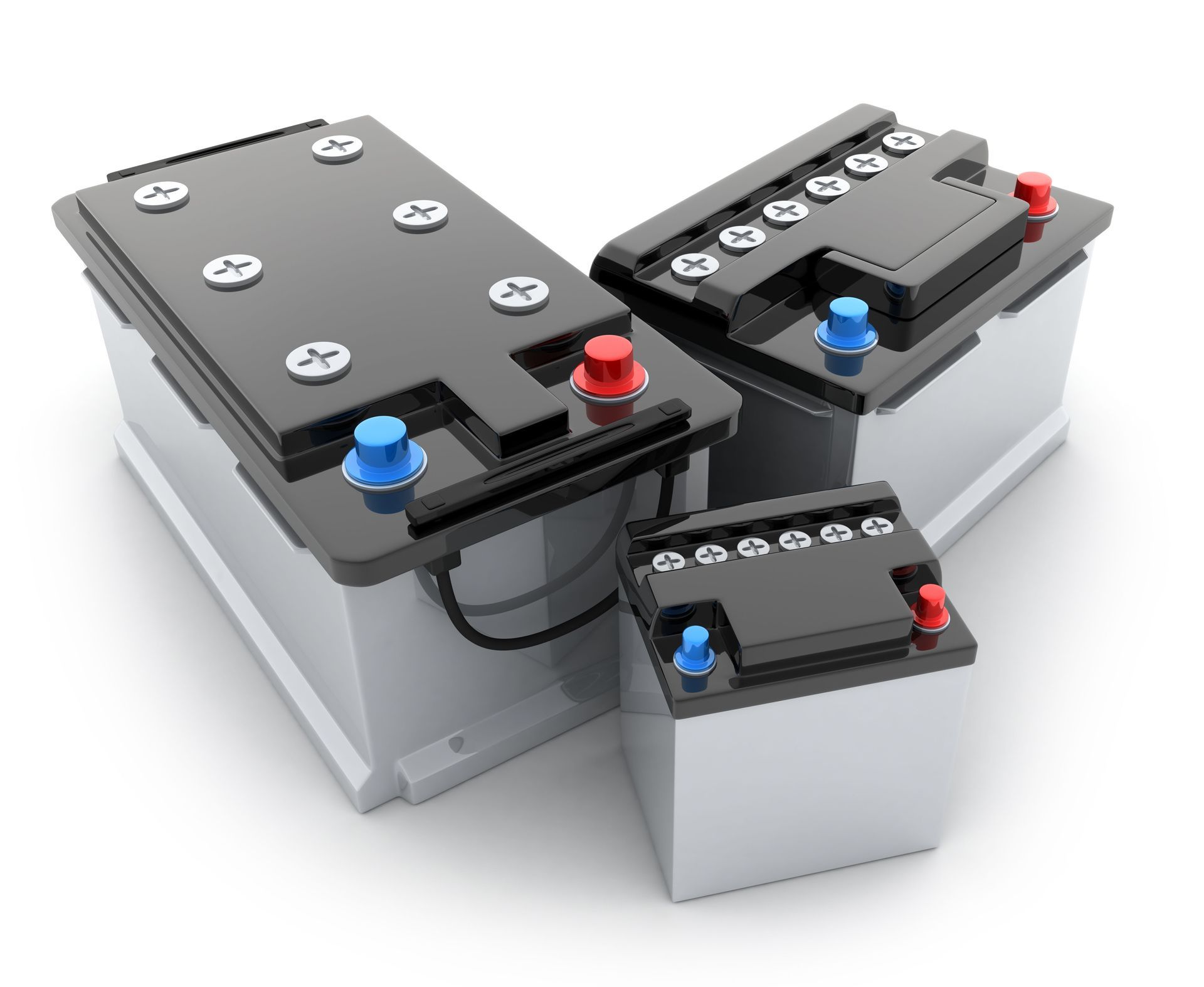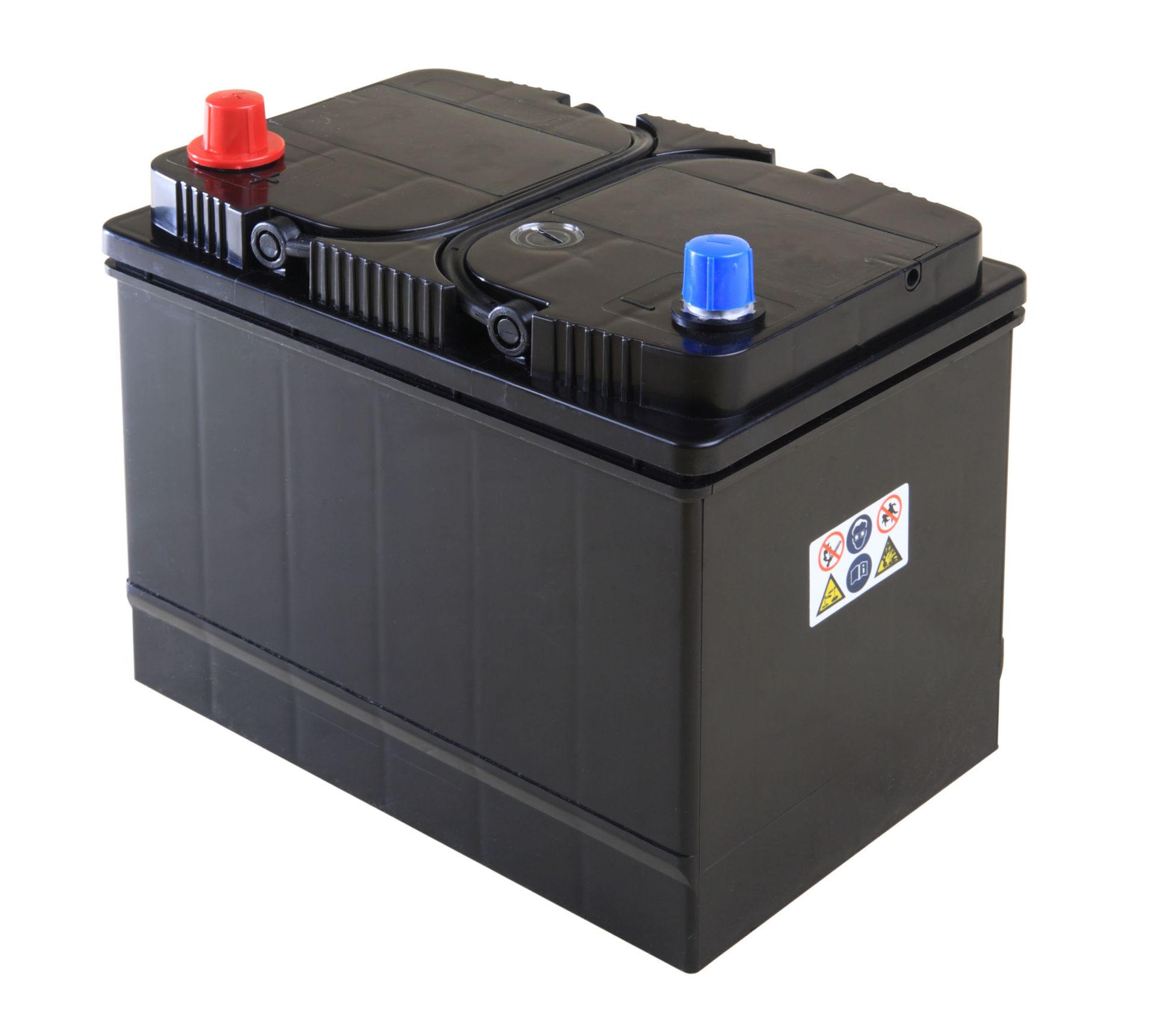How to Choose the Best Battery for Home Backup Power Systems
Highlights
- Understand the key battery chemistries for backup power systems and their trade-offs.
- Learn important criteria to consider (cycle life, depth of discharge, efficiency, cost, safety).
- Explore why many homeowners in Jefferson, LA turn to local experts like Jefferson Battery Co Inc for guidance.
- Get clarity on best practices for sizing, installation, and maintenance of backup battery systems.
- Discover scenarios when more affordable battery types make sense—and when it’s worth investing more up-front.
What Makes a Best Battery for Backup Power Systems?
When selecting a battery for a backup power system, you want a solution that will reliably perform when the power goes out, last many years, and offer good value. For homeowners in Jefferson, LA considering an installation through Jefferson Battery Co Inc, the “best” battery depends on several key factors: cycle life (how many times it can charge and discharge), depth of discharge (how much of its capacity you can safely use each cycle), efficiency (how much usable energy you’ll get back), cost (both up-front and lifetime), and safety or maintenance. If you need to run critical loads during storms, you’ll want a battery that can handle repeated discharges, recover quickly, and remain stable in standby. The best battery isn’t just the cheapest—it’s the one that matches your usage, location, and reliability needs.
Comparing Leading Battery Chemistries
One of the biggest decisions is chemistry—typically between lithium-ion variants such as LiFePO and lead-acid types. According to MDPI, lithium-ion batteries allow significantly higher depth of discharge and maintain better overall performance compared to lead-acid batteries. For example, the study notes that lead-acid batteries often limit safe usage to around 50 % of their rated capacity, while lithium systems regularly permit 80–90% or more in practical operation. These advantages translate into more usable energy per cycle and less frequent replacement. However, lead-acid options remain popular for their lower upfront costs and proven reliability—making them ideal for limited or occasional backup use. The right chemistry depends on how often you’ll use the system, your available space, and your maintenance preferences.
FAQ
What does “depth of discharge” mean and why does it matter?
Depth of discharge (DoD) indicates the percentage of the battery’s capacity you can use in each cycle. A higher DoD means more usable energy per cycle and fewer replacements over time.
Why is cycle life important for a home backup battery?
Cycle life tells you how many charge and discharge cycles the battery can handle before its capacity drops significantly. More cycles mean longer lifespan and better return on investment.
Can I go with a cheaper lead-acid battery instead of lithium?
Yes, but you’ll likely get lower efficiency, shorter lifespan, and higher long-term costs due to replacements and maintenance needs.
Key Criteria to Evaluate for Backup Battery Systems
When evaluating battery systems with Jefferson Battery Co Inc in Jefferson, LA, focus on key performance factors: usable capacity, round-trip efficiency, safety, and installation requirements. Usable capacity defines how much stored energy you can rely on during an outage, while efficiency measures how much energy is lost during charging and discharging. According to Clean Energy Reviews, lithium-ion (Li-ion) batteries — particularly LiFePO types — typically achieve about 92%–98% round-trip efficiency, whereas deep-cycle lead-acid batteries range closer to 76%–85%. That efficiency means less energy wasted and a smaller battery bank to meet the same load. Additionally, lithium batteries are lighter and more compact, saving valuable installation space. They require little to no maintenance, unlike flooded lead-acid models that may need fluid checks and ventilation.
It’s also important to consider scalability. If you plan to expand your energy system or integrate solar power later, lithium-ion offers better flexibility and smart connectivity. Many lithium systems include built-in monitoring and management software to help you track energy flow and performance remotely. These features make lithium a top choice for tech-savvy homeowners looking to future-proof their backup systems. By contrast, traditional lead-acid options might be better suited for budget-conscious users who prefer simplicity and manual oversight.
FAQ
How do I size a battery for my home in Jefferson, LA?
Start by listing your essential appliances and how long you want them powered during an outage. Your installer can help determine the correct capacity and inverter size for those needs.
How long do backup batteries usually last?
Lithium systems may last 10–15 years, while lead-acid batteries often need replacement within 5–7 years depending on usage.
Do backup batteries work during long power outages?
Yes, but runtime depends on capacity, efficiency, and connected load. Larger banks or solar integration can extend operation significantly.
Choosing the Best Chemistry for Your Situation
For most homeowners, lithium-ion batteries—especially lithium iron phosphate (LiFePO)—offer the best performance balance for backup systems. They’re durable, efficient, and maintenance-free. According to Solar Insure, LiFePO batteries can handle 6,000 to 10,000 charge cycles, lasting around 15–20 years under typical usage, compared to far fewer cycles for conventional lead-acid models. This difference means far fewer replacements over time and more consistent performance. While the initial cost is higher, the lifetime value often outweighs the expense—especially when factoring in reliability during extended power outages.
That said, lead-acid remains a practical choice for less demanding applications. If your home only experiences a few brief outages each year, or if your power needs are small, a well-maintained lead-acid battery can perform effectively for several years. The key is ensuring proper setup and ventilation. When maintained correctly, these systems can still provide dependable power when the grid goes down. Consulting with professionals like Jefferson Battery Co Inc helps ensure you choose the best match for your usage and environment.
FAQ
Will a lithium battery make sense if I only lose power a few times a year?
Maybe not—if outages are rare, a well-priced lead-acid system could be a better value for occasional use.
Is lead-acid still safe for indoor installation?
Yes, but sealed or AGM versions are recommended to prevent gas emissions and acid spills.
Can I expand my battery system later?
Lithium-ion systems are easier to expand thanks to modular designs and smart management systems.
Best Practices for Installation and Maintenance
Once you’ve selected your battery, proper installation and care are vital for longevity and performance. Place the battery bank in a cool, dry area away from direct heat and moisture. Partnering with Jefferson Battery Co Inc in Jefferson, LA ensures that wiring, ventilation, and inverter integration meet safety standards. Regular maintenance—checking terminals, updating software (for lithium systems), and verifying voltage balance—helps prevent premature wear. Even “maintenance-free” batteries benefit from periodic inspection and firmware updates if applicable.
Proper sizing is equally crucial. Oversized systems waste money, while undersized ones discharge too quickly during outages. Professionals evaluate your power needs, inverter compatibility, and desired runtime to create a balanced design. Investing in a quality battery system now offers peace of mind later—ensuring your home stays powered through unpredictable weather and grid interruptions.
The best battery for backup power systems depends on your priorities—cost, longevity, and performance. Lithium-ion delivers the longest lifespan and highest efficiency, while lead-acid remains a cost-effective option for moderate needs. With expert guidance from Jefferson Battery Co Inc in Jefferson, LA, you can select a system that fits your home and lifestyle perfectly. Whether you choose high-tech lithium storage or dependable lead-acid backup, a well-designed system will keep your lights on when it matters most.










Share On: